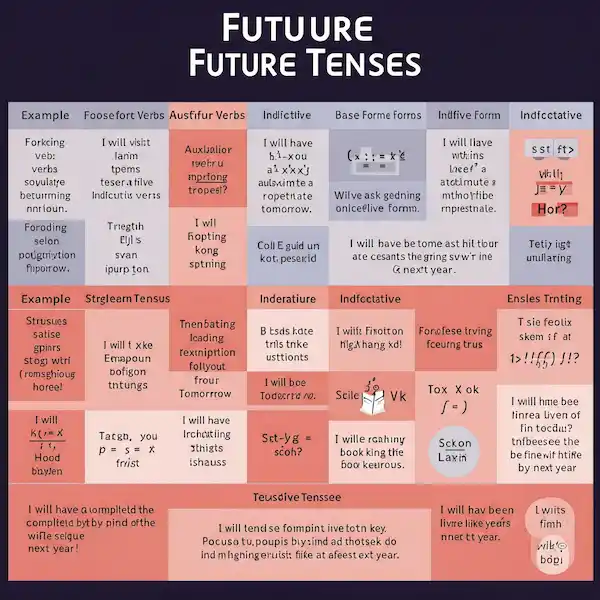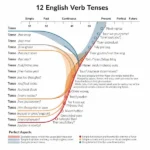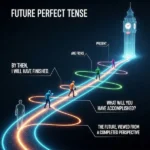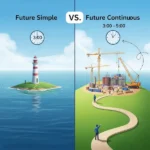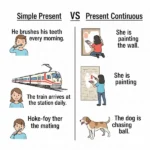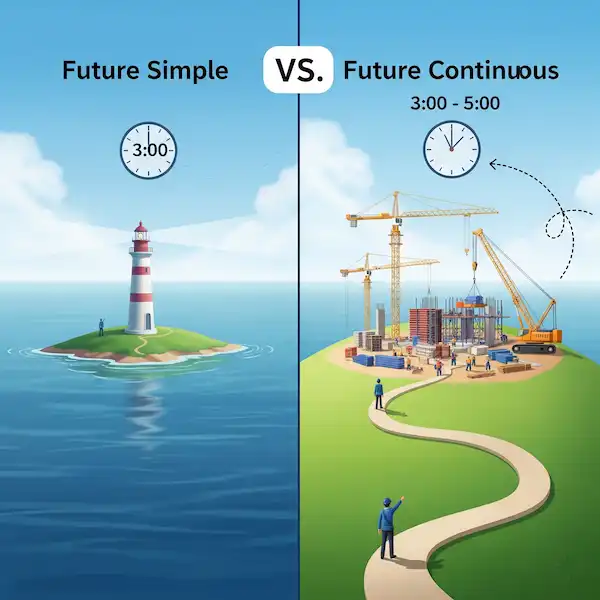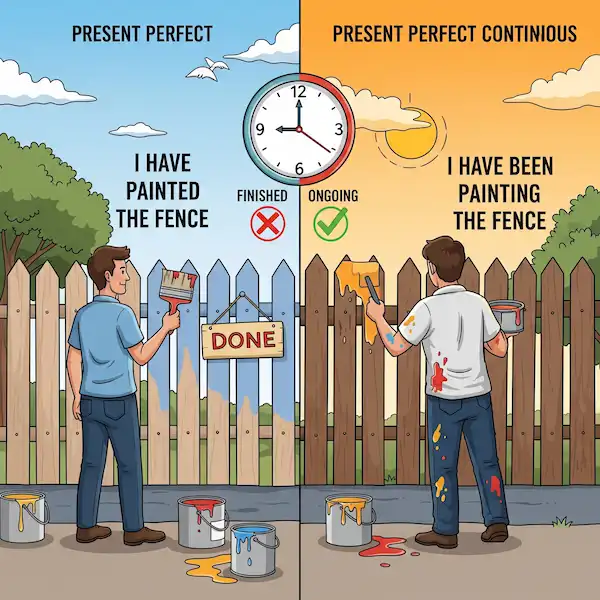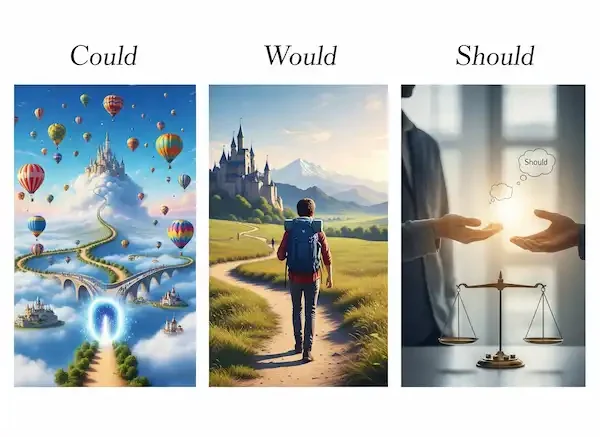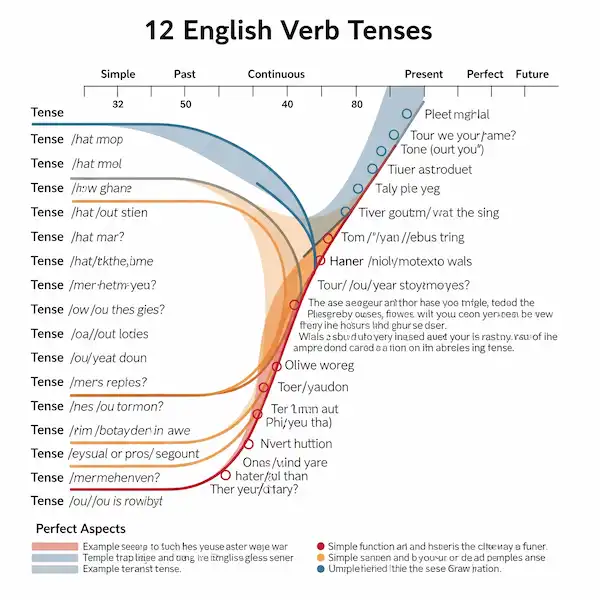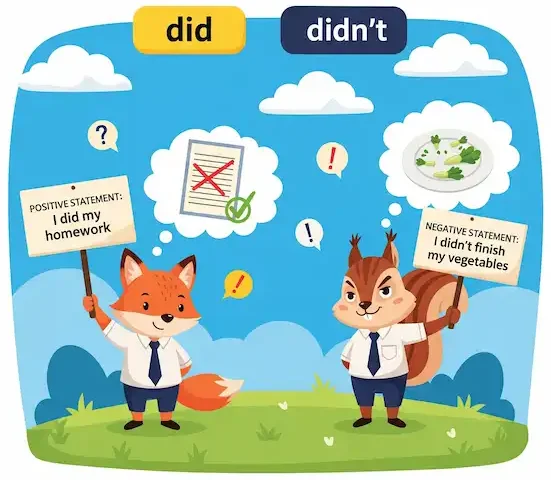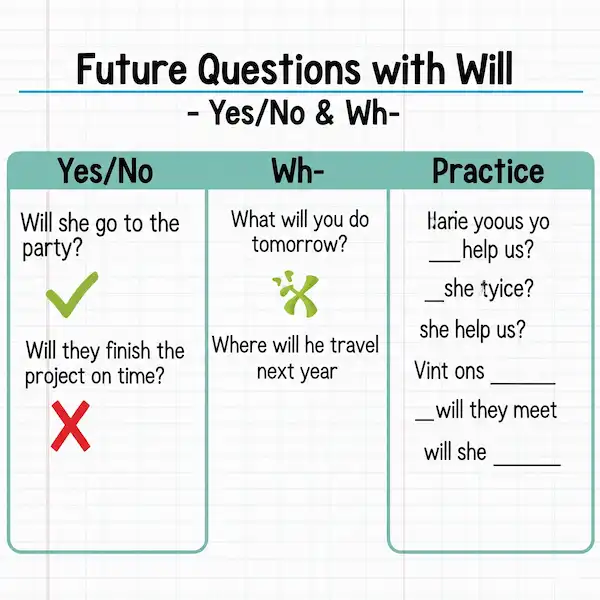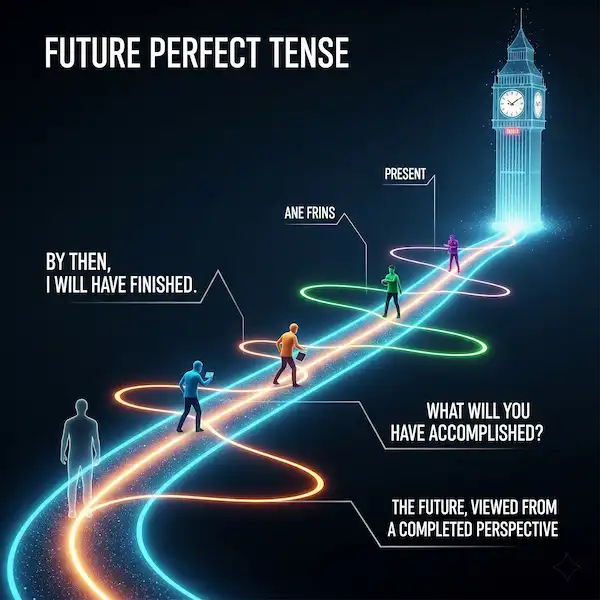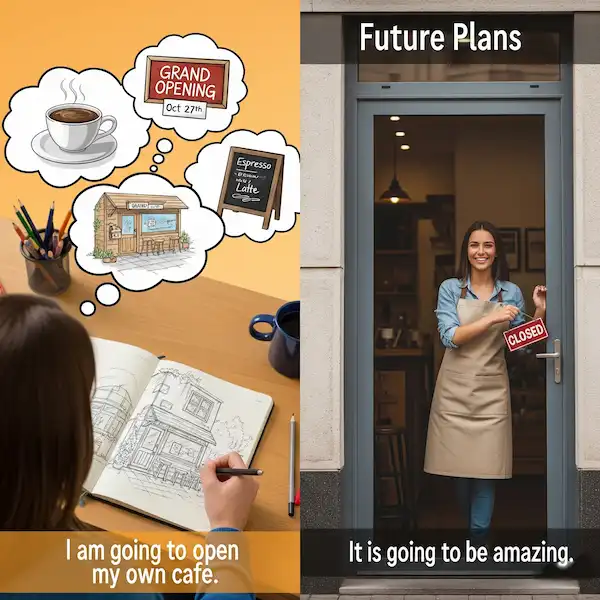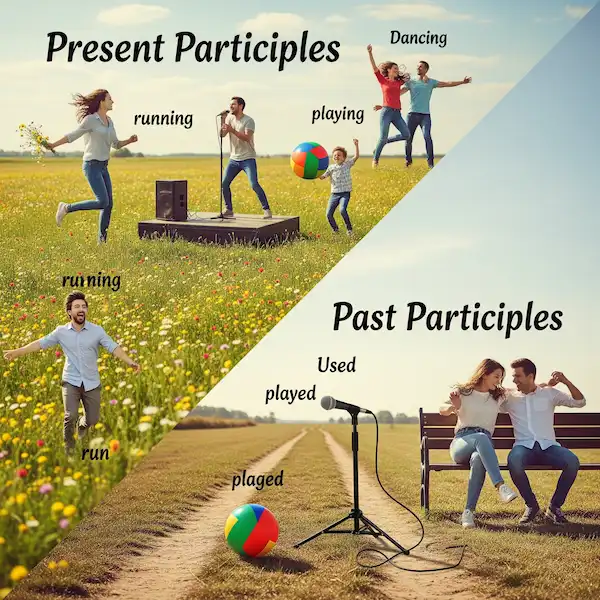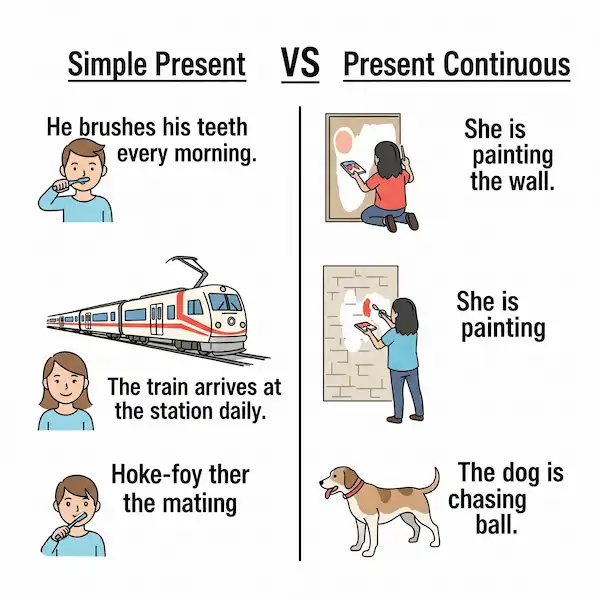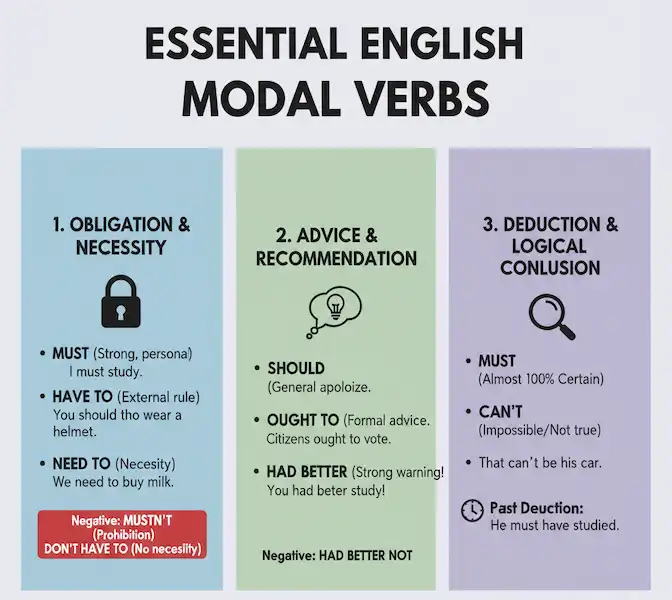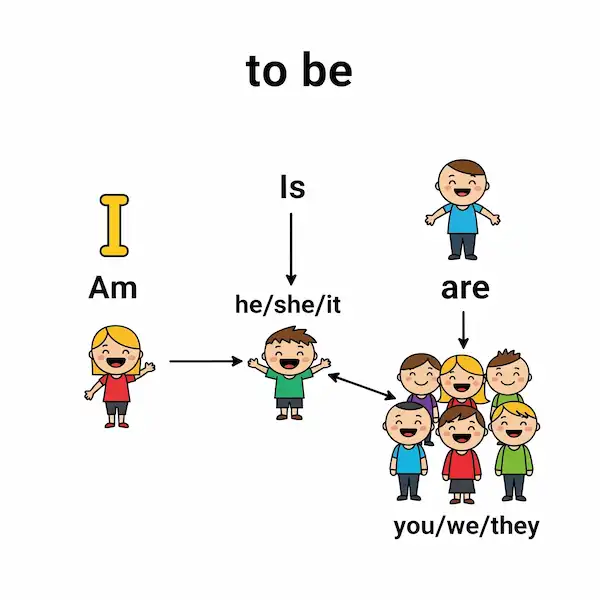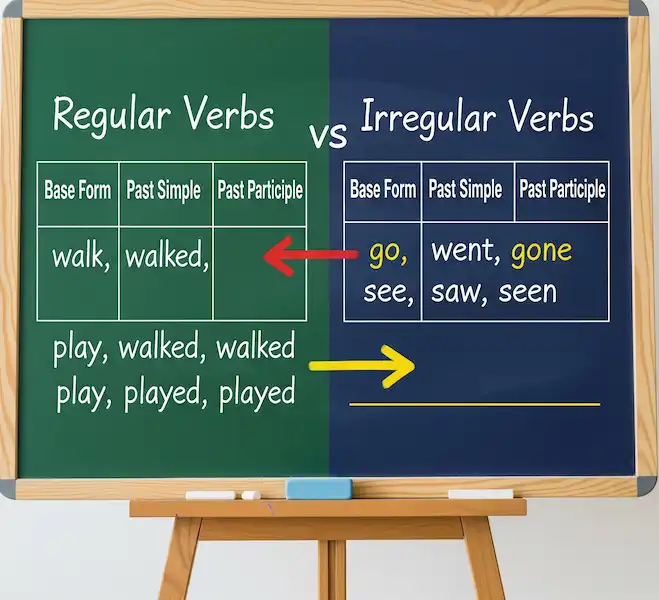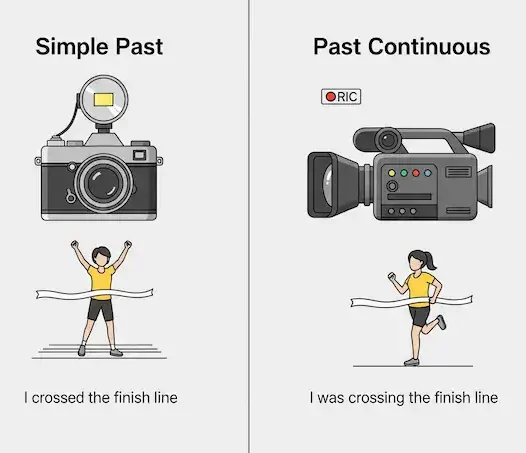Understanding the English Future Tense
The future tense in English is used to talk about actions or situations that will happen in the future. Like the present and past tenses, it also has several forms, each with its own specific use. Let’s break them down:
| Future Tenses | Future Simple | Future Continuous | Future Perfect | Future Perfect Continuous |
| Usages | 1. After now. 2. Events in the future | Talk about something happening at a time in the future. | Talk about something that will be finished in the future. | How long something will have continued by a certain time. |
| Examples | Will, shall I will work. I will play. You will go. I will not work. Will you work? You shall go…. Shall I go to…. | Will be + present participle I’ll be waiting for you I won’t be waiting for you Will you be waiting for me? | Will Have Will not have + past participle I have worked here for 2 years. He will not have worked here….. Will you have worked here…? | Will have been Will have not been + verb-ing I will have been working for 2 years. He will not have been working ….. Will you have been working….. |
Simple Future Tense
- Use:
- Predictions about the future.
- Decisions made at the time of speaking.
- Promises or offers.
- Structure:
- will + base form of the verb
- Examples:
- I will go to the store later.
- It will rain tomorrow.
- I will help you with your homework.
Simple Future:
| Subject | will + Verb (Base) | Example |
|---|---|---|
| I/You/He/She/It/We/They | will go | I will go to the store later. |
Future Continuous Tense (Future Progressive)
- Use:
- Actions that will be in progress at a specific time in the future.
- Structure:
- will + be + verb + -ing
- Examples:
- I will be working at 3:00 PM tomorrow.
- She will be studying all day tomorrow.
- We will be eating dinner at 7:00 PM tonight.
Future Continuous:
| Subject | will + be | Verb + -ing | Example |
|---|---|---|---|
| I/You/He/She/It/We/They | will be | working | I will be working at 3:00 PM tomorrow. |
Future Perfect Tense
- Use:
- Actions that will be completed before a specific time in the future.
- Structure:
- will + have + past participle (e.g., eaten, gone, seen)
- Examples:
- I will have finished my homework by 5:00 PM.
- She will have graduated by next year.
- We will have been living here for ten years by next year.
Future Perfect:
| Subject | will + have | Past Participle | Example |
|---|---|---|---|
| I/You/He/She/It/We/They | will have | finished | I will have finished my homework by 5:00 PM. |
Future Perfect Continuous Tense (Future Perfect Progressive)
- Use:
- Actions that will be in progress for a certain period of time before a specific time in the future.
- Structure:
- will + have + been + verb + -ing
- Examples:
- I will have been studying English for two years by next year.
- She will have been working on this project all day by the time she finishes.
- We will have been living in this house for five years by next year.
Future Perfect Continuous Tense:
| Subject | Auxiliary Verbs | Main Verb | Example Sentence |
|---|---|---|---|
| I, You, He, She, It, We, They | will have been | studying | I will have been studying English for two years by next year. |
Practice Makes Perfect
Here is a PDF document that you can download with 25 practice sentences about using future tense in a sentence. Answers are on a separate sheet.
Additional Helpful Content
- Study more about Future Perfect tenses – Master the Future Perfect Tense: A Guide for Students
- Learn more about Future Simple and Future Continuous Tense – Future Simple and Future Continuous Tense
- Learn more about Present Tense – Present Tense – Simple, Continuous and Perfect
- Study about Past Tense – Past Tense – Simple, Continuous and Perfect
- Here is an article about all 12 English Verb Tenses – 12 English Verb Tenses: The Ultimate Guide with Examples
Authoritative External Links
- British Council – LearnEnglish:
- Cambridge Dictionary – Grammar:
- Purdue Online Writing Lab (OWL):
